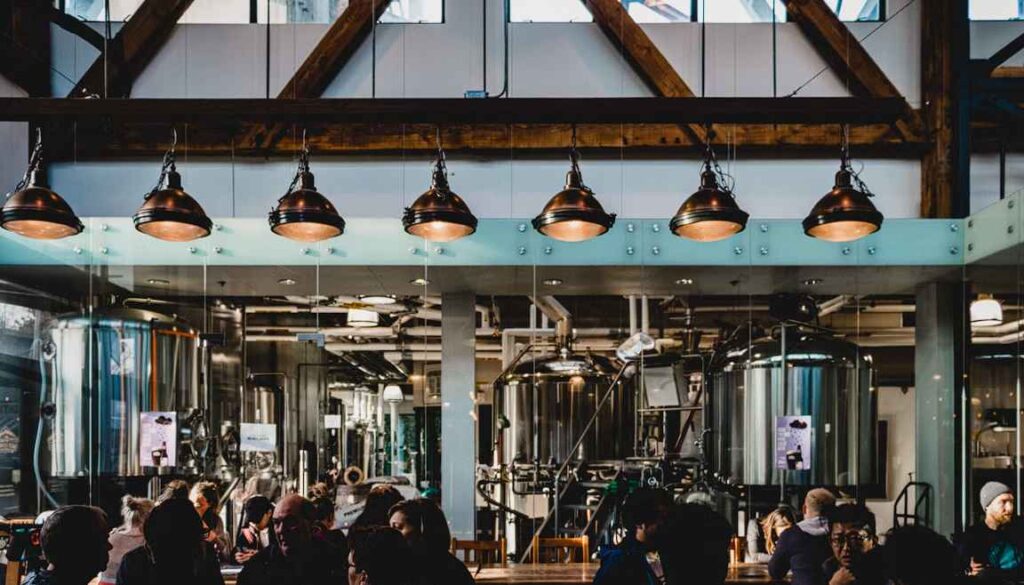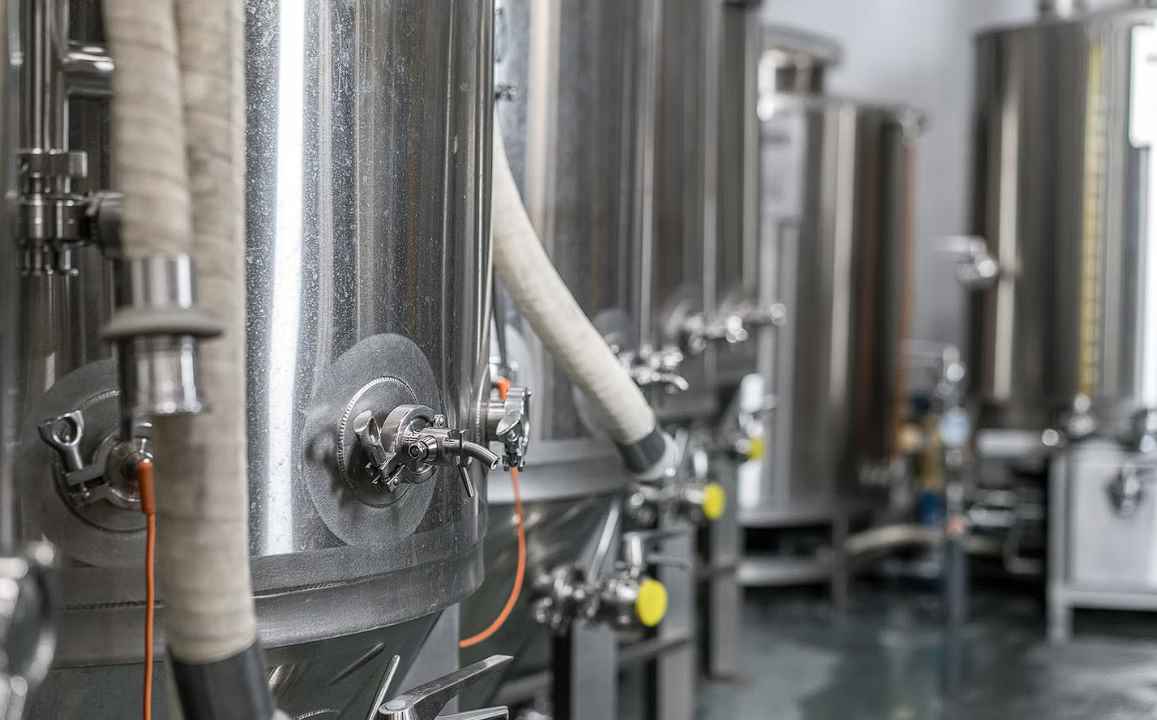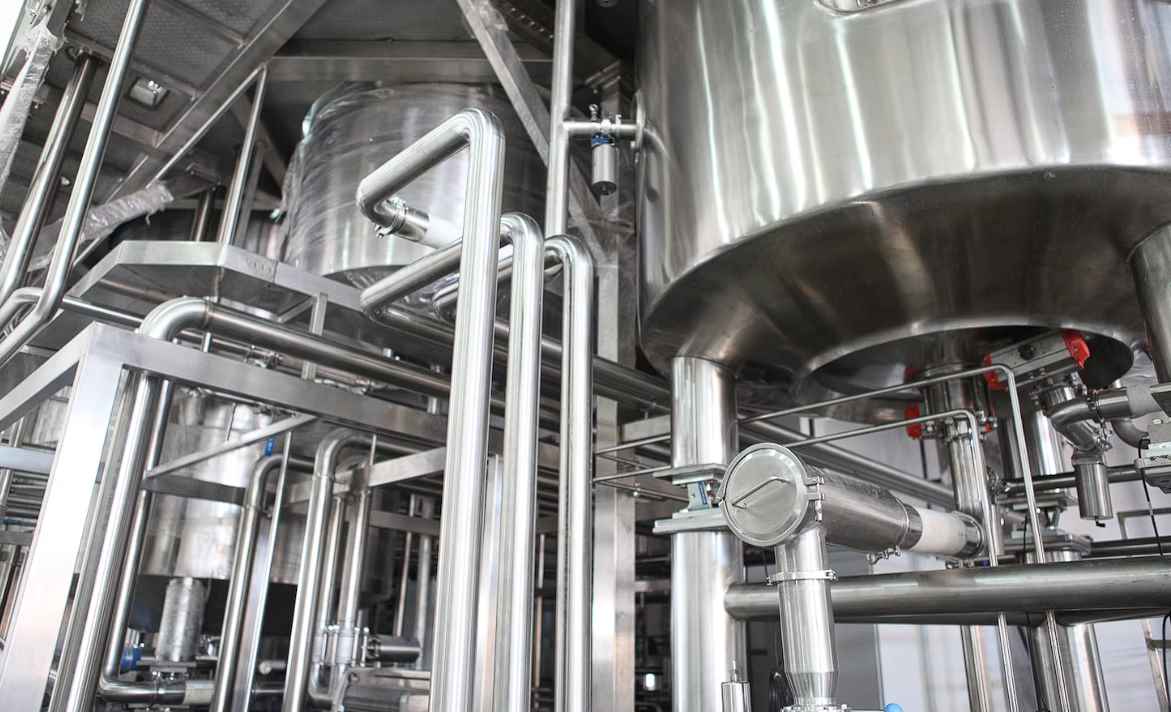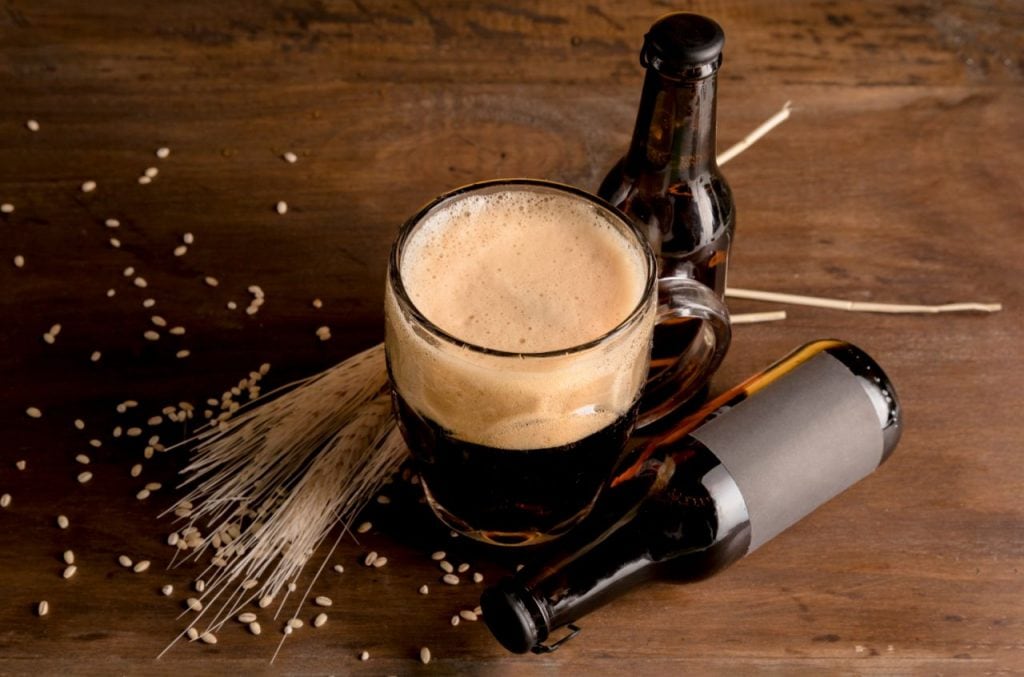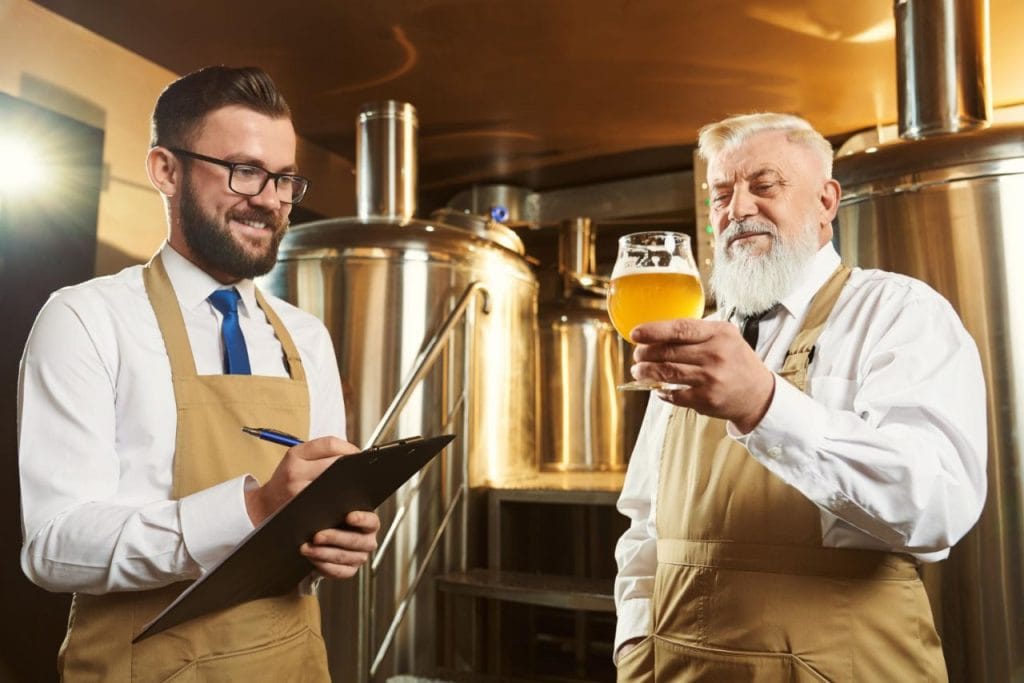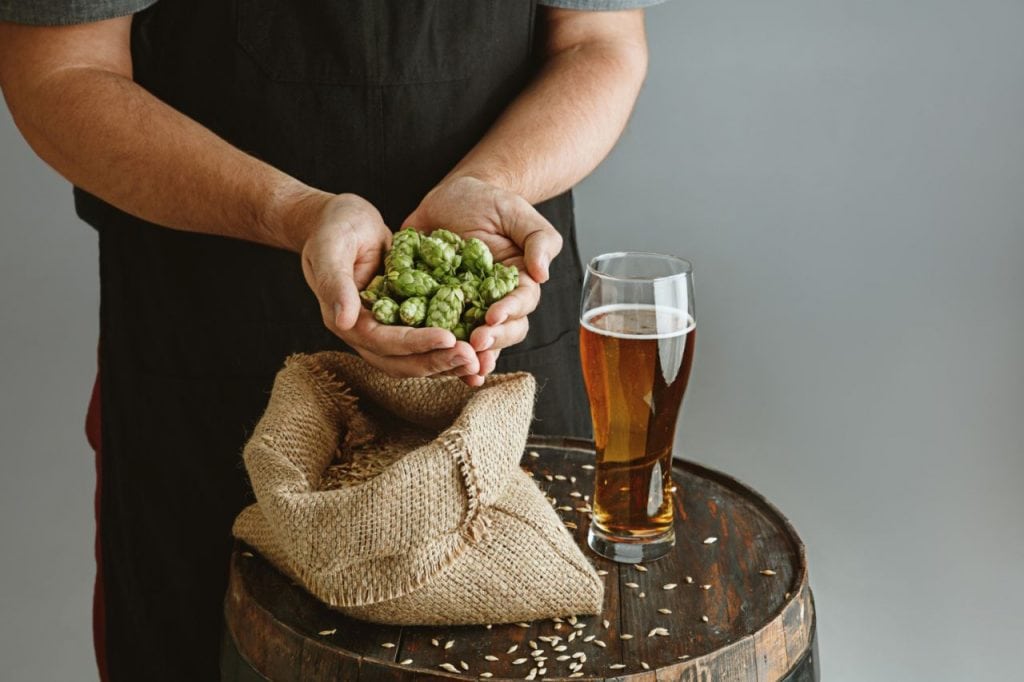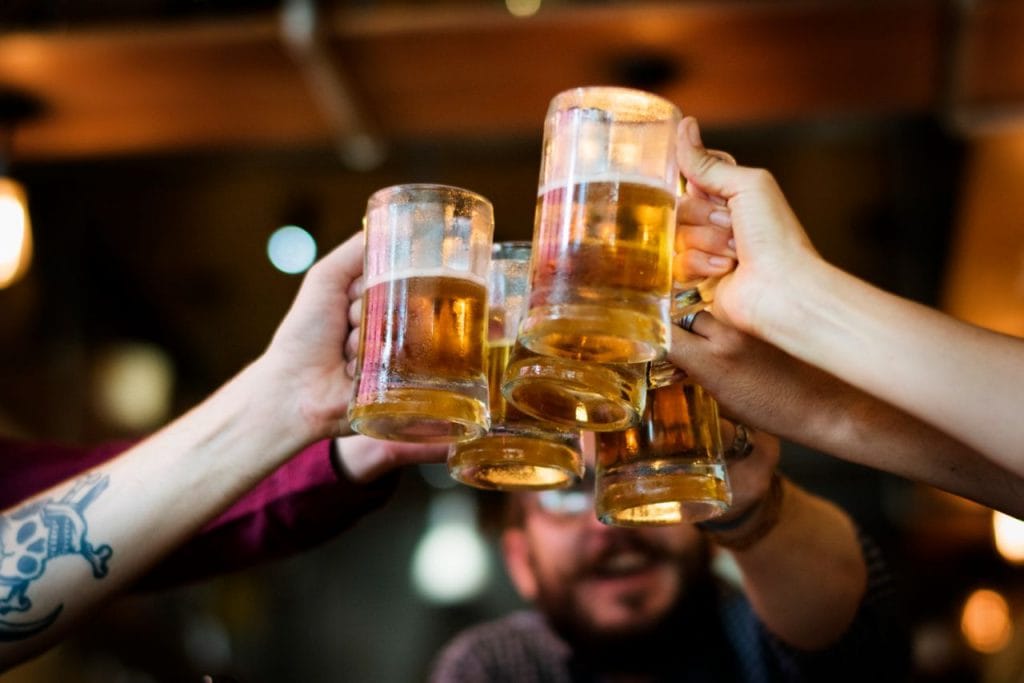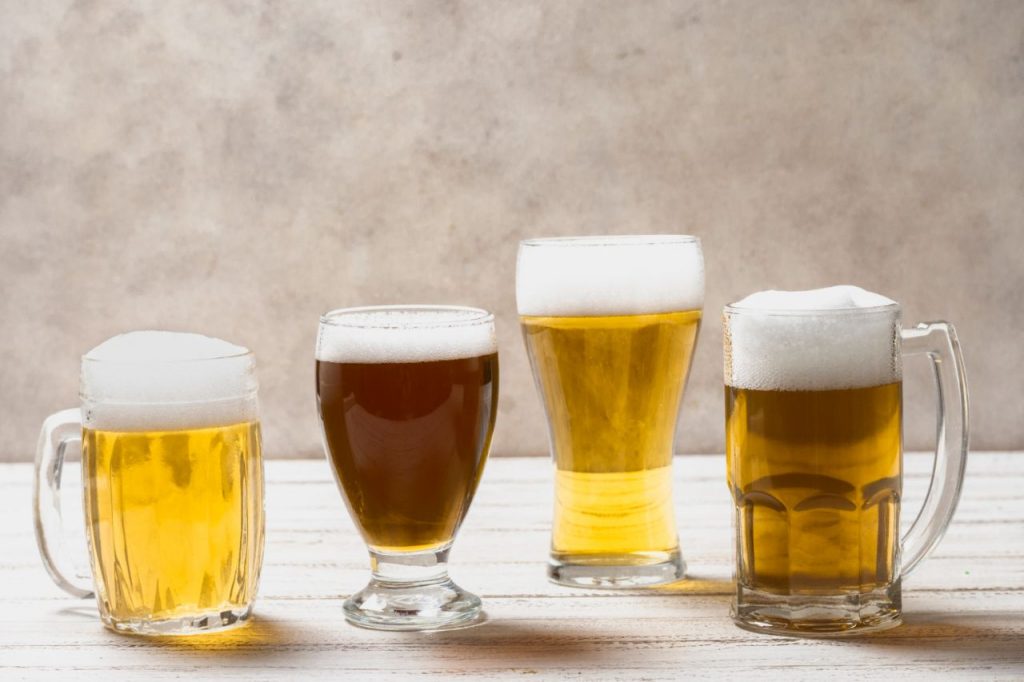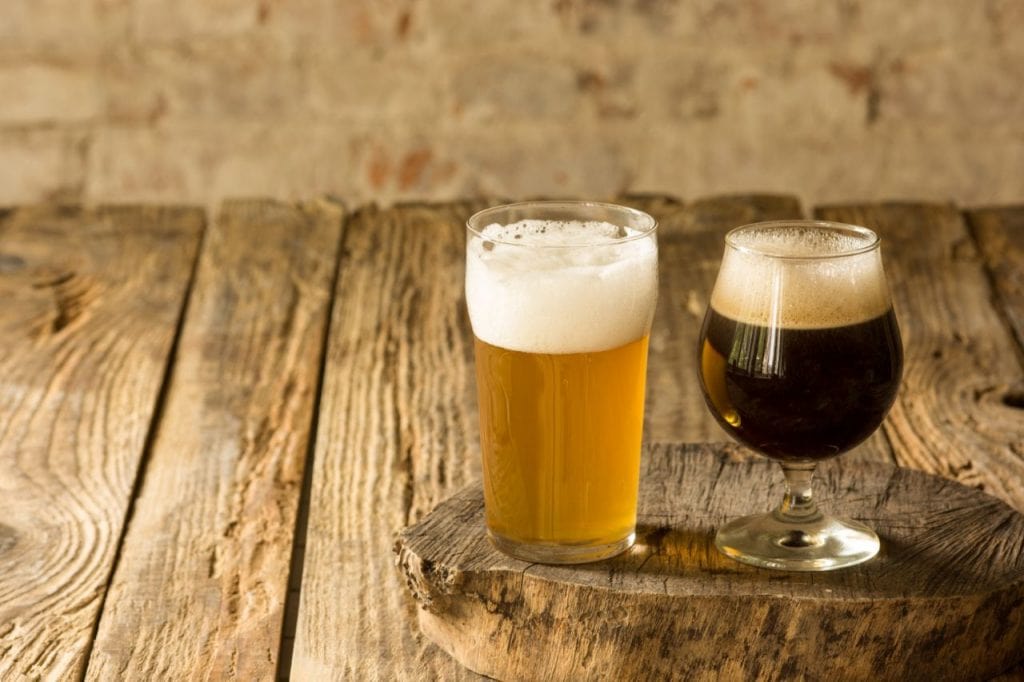The risks and rewards of starting a business are both exhilarating and substantial. If you're considering operating a microbrewery, you'll need to consider food and beverage production and sales in addition to the typical hurdles encountered when launching a small business.
This article will help you bring your microbrewery idea to reality by discussing some key legal and regulatory challenges.
Don’t forget to grab a drink at Tar Barrel! With our range of craft beers, ciders and spirits - all made on the Distillery Mornington Peninsula using only the freshest ingredients – you’re sure to find something amazing. So come join us at Tar Barrel for an experience like no other!
Setting Up Your Brewery
Opening a microbrewery could be the perfect fit if you are thinking about going into business for yourself and have a deep appreciation for beer. Indeed, microbreweries have seen explosive growth in the past years, with widespread support from the hospitality industry.
When it comes to producing beer for sale, you need much more than malt, water, yeast, and hops. In this respect, you must think about the following:
- to decide on a company name;
- requirements for obtaining licences;
- monetary obligations; and
- controls on packaging and identification.
Choosing a Name for Your Brewery
It's just as important to have a drink that tastes good as it is to have a name that stands out. When you think you've found the perfect name, check to see if it's already in use. You can find helpful resources on Google and the Independent Brewers Association's website.
Obtaining a Brewery Wholesaler and Producer License
You need a Producers/Wholesalers License to sell your product legally. With the proper licence, you'll be able to:
- buy out other licensees with your product;
- market your wares to the general populace; or
- It would be best if you did tastings of your goods.
- Brewery tours and public tastings can be a great way to introduce new customers to your product and boost sales.
All licences require a minimum of 6 downtimes per day, though you may ask for longer trading hours.
Extra Authorizations
You'd like to sell beer to customers who intend to drink it in your establishment, so you'll want to be sure that you have the appropriate permits before opening the taps. You'll need this if you want to run a bar, cafe, restaurant, hotel, or conference centre.
You can also apply for a licence to exhibit alcoholic beverages at trade shows and farmer's markets. At trade events and farmer's markets with ten or more booths, you can sell unopened beer samples and distribute them to the public for sampling.
Taxes on Beer
Craft beer made in a home brewery and consumed alone by the brewer is not subject to excise tax. Once you leap nano or micro-brewing, though, you'll be subject to excise taxes on all of your beer sales. As a form of tax, excise is levied on:
- alcohol;
- tobacco;
- gas; and
- Chemicals derived from petroleum.
Beer excise taxes are based on the beer's actual alcohol content and the volume sold.
Price tags
Putting money into a microbrewery from the get-go is a significant undertaking. Those who are trying to launch a brewery may find this to be an obstacle. Since opening a microbrewery requires a significant financial investment, it is crucial to have a firm grasp of the initial situation, and It will cost money in the long run. Here is a rundown of some of the costs that would need to be covered by a brewery owner.
ATO - Australian Taxation Office
Compliance with the Australian Taxation Office will cost you a lot of money monthly (ATO). The ATO will receive an excise tax payment from you on all beer production. Small breweries can benefit from an exemption from alcohol excise taxes. Thus it's essential to qualify for this exemption. The money you save can be used in other areas of your company.
Equipment
Depending on your business size, the equipment cost could range from $100,000 to $1,000,000. The price tag should include the following:
- Kegs
- Bottles
- Kettles
- Device tagging
- Arrangements for bringing down the temperature
- Cold storage devices
- Disposal methods
- Storage and fermentation tanks
- Boilers
- Salaries and benefits
- Components in their purest form
Having a firm grasp on the scope of the business you intend to launch is always intelligent. This can save you money by giving you a better idea of the scope of some of these charges. Most of them are ongoing expenses, so it's wise to draft a business strategy before you launch.
Even if you hire a third party to handle labelling and waste disposal, you'll still need everything to work well. Managing the brewery's operations efficiently and affordably is also essential to both goals.
Rental
Finding an appropriate commercial facility for your microbrewery also represents a significant capital outlay. Seek the assistance of a real estate agent knowledgeable about the kind of space you need and can locate a building with suitable dimensions and layouts for your machinery. Visiting as many locations as possible is essential for cost comparison and visual brewery planning.
Setting up a Brewing Operation
You and your microbrewery must choose the correct business structure. What permits you to need, how much tax you'll pay, and how much say you have in running the business all hinge on this.
Sole proprietorships and partnerships aren't the only options for setting up a shop in Australia; there are many others. To make sure you choose the appropriate structure for you and your brewery, it's a good idea to consult with a business lawyer.
Procuring a Licence to Sell Alcohol
In Australia, planning a brewery is becoming increasingly difficult due to bureaucratic hurdles. You may be an expert brewer, but acquiring a licence to sell alcohol in your state and staying in compliance with all of the regulations placed upon you by that state is a whole different animal.
In Australia, liquor laws are handled separately at the state level. To put it simply, we are over-governed in this country. There are three levels of government: federal, state, and municipal.
A prospective brewery owner must solve a complex jigsaw puzzle consisting of planning and licence approval processes at the federal, state, and local levels of government.
Liquor Licences and the Excise Tax
The first is regulated products that are taxed by either the Commonwealth or even the Federal Government. A Brewery License from the ATO, or Excise Licence, is required. The excise licence is the legal authorization to make and distribute alcoholic beverages.
The ATO will want to know how you plan to determine the volume of alcohol (ABV) of your products, how much you want to produce annually, what kind of packaging (bottles, cans, etc.), what size those packages will be, and what proportion of those packages will be filled with beer. You'll need to send all this information to the ATO through their online application system, so familiarity with the metrics involved is crucial.
Permission to Distribute from Producers and Wholesalers
The second level of regulation is enacted by the state where your brewer will be principally situated and functioning. Although the name may change from state to state, this permit is typically referred to as a Producer Wholesaler Permit.
The options are to either produce or wholesale or to do both. The need for a wholesaler licence may be diminished if your brewery's output is limited to what can be sold at a single location or if you have no plans to expand beyond serving the immediate area. However, if you become more successful and expand, you will be subject to different terms under this licence.
Three Types of Models
The first kind is the Producer/Wholesaler Licence, which is appropriate if you want to sell your beer locally through taproom sales, four or 6-pack takeout and growlers, or local wholesale options.
A second licence, the Producer Wholesaler Licence PLUS, may be required if you plan on selling beer brewed by another brewery, supplying guest taps, selling wine to customers in non-wine drinking age groups, or hosting events like weddings and other parties that require a wide variety of drinks—combining two separate licences into a single one.
A Commercial Hotel licence, permits you to make and sell your beer and beer made by others, wine, and spirits. Even though this kind of liquor licence is considered the "Gold Standard" in Australia, many brewery owners will not recoup the high expenditures associated with obtaining it.
Every one of these permits will be crafted specifically for the needs of the business in question. Before deciding on a specific liquor licence to apply for, sit down and consider the kind of brewer you wish to be and the specific products you want to sell.
Permitting for Food and Community Development
To complete the governmental trifecta, there is the municipal council. Two primary areas are within their purview: food licensing and the production process. If you want a Food Licence, you must speak with the Environmental Health Officer at your municipal government.
Breweries use a quantity of grain for their alcoholic beverages, so it's essential to have a system to store the grain properly to prevent pest infestations. Also under the council's purview are town planning laws, which often necessitate a Development Application from a brewery and, if they're lucky, a Complying Development Certificate from a Private Certifier.
Mistakes Often Made When Obtaining a Liquor License
People who attempt to go it alone sometimes make some of the most typical blunders in applying for a liquor licence.
For example, some brewery owners may choose only to open their establishments on certain days of the week, while others may only open from a specific time on Thursday through Sunday. They've informed authorities that they're only available for trade within the specified hours. Then, out of nowhere, a Monday holiday arrives. It's understandable to treat Monday and Tuesday like a factory and close to the public while you produce beer, even during business hours. However, if the holiday is on a Monday, it is treated as a weekend; therefore, businesses typically remain open.
To avoid accepting a condition that could harm your company, it is essential to constantly request standard business hours and any additional hours that could be necessary.
Conclusion
When done right, the rewards of entrepreneurship may be as exciting as they are considerable. In addition to the standard challenges associated with starting a small business, those interested in creating a microbrewery will also need to think about food and beverage production and sales. This article will assist you in making your micro brewery a reality by covering some of the major legal and regulatory hurdles you'll face. There is no excise tax on home-brewed craft beer that will only ever be drunk by the brewer. Trade show and farmer's market vendors can also apply for permits to legally sell and display alcoholic beverages.
A thorough understanding of the starting point is essential before making the considerable financial investment required to launch a microbrewery. These days, it's harder than ever to get the paperwork done necessary to open a brewery. The federal, state, and local governments are the three distinct tiers of our nation's administrative structure. Even if you're a master brewer, getting a licence to sell alcoholic beverages in your state is a different story. The cost of securing a suitable commercial location for your microbrewery is also substantial.
The ATO will want to know your methodology for calculating alcohol by volume (ABV), your projected annual output, and the nature of your packaging. All of this data must be sent to the ATO via their electronic application form. There are also production licences, local planning permissions, and permits for developing and selling food for the community. Think about the kind of brewery you want to be and the beers you want to sell before settling on a specific liquor licence to apply for.
Content Summary
- When done right, the rewards of entrepreneurship may be as exciting as they are considerable.
- It's not just starting a business that's difficult, but starting a microbrewery also involves the production and sale of food and beverages.
- To assist you in making your microbrewery a reality, this article will go over some of the major legal and regulatory hurdles you'll have to jump.
- If you're thinking about starting your own business and you love beer, maybe opening a microbrewery is the way to go.
- True, the hotel business has been instrumental in the meteoric rise of microbreweries in recent years.
- In order to make commercial quantities of beer, you'll need a lot more than just malt, water, yeast, and hops.
- Here are some things to keep in mind: picking a firm name; figuring out how to get the necessary licences; figuring out how much money you'll need; and implementing strict regulations on things like packaging and labelling.
- Having a drink with a memorable name is great, but the drink itself has to be delicious as well.
- If you think you've come up with a great name, it's always a good idea to double-check its availability.
- Association's website both include useful information.
- To lawfully market your goods, you need a Producers/Wholesalers License.
- You can use the money from the sale of your licensed product to either acquire further licences, expand your consumer base, or do any combination of the three with the right licence. Offering samples of your products would be a great idea.
- A brewery's public tastings and tours can attract new buyers and increase sales.
- There must be at least six hours between trade days for all licences, however you can always ask for more.
- To sell beer to patrons who will consume it on the premises, you must first secure the necessary licences.
- If you wish to manage a nightclub, cafe, restaurant, hotel, or convention centre, you will need this.
- Trade show and farmer's market vendors can also apply for permits to legally sell and display alcoholic beverages.
- Samples of unopened beer can be sold and given out to the general public at trade shows and farmer's markets with 10 or more booths.
- The excise tax does not apply to craft beer that is produced in a home brewery for the sole purpose of being consumed by the brewer.
- There are no exemptions from excise taxes on beer sales once you cross the threshold into nano- or micro-brewing.
- Liquor, cigarettes, gasoline, and petrochemicals are all subject to an excise tax.
- Excise taxes on beer are calculated using both the beer's ABV and its sales volume.
- Stipulating costs Starting a microbrewery from scratch requires a large financial commitment.
- This could be a problem for those who are trying to get a brewery off the ground.
- Considering the high upfront and ongoing costs associated with starting a microbrewery, it's important to have a solid understanding of the current state of affairs before making any commitments.
- What follows is a breakdown of some of the expenses a brewery proprietor could face.
- The Australian Taxation Office, or ATO for short will cost you a lot of money each month to comply with the requirements of the Australian Taxation Office (ATO).
- You must pay an excise tax to the ATO for every batch of beer you make.
- There should be a tax break for microbreweries that produce a limited amount of alcohol.
- Therefore, meeting the requirements for this exemption is crucial.
- This cost reduction will allow you to reinvest in other parts of your business.
- In terms of equipment, you could be looking at a price tag anywhere from $100,000 to $1,000,000.
- Having a clearer picture of the full extent of some of these fees will help you plan accordingly and save money.
- Many of these costs will recur over time, so it's important to have a plan in place when you open for business.
- Labelling and trash removal can be outsourced, but other aspects of the operation still require perfection.
- Both objectives depend on the brewery's management team's ability to keep costs down while maintaining quality.
- The cost of securing a suitable commercial location for your microbrewery is also substantial.
- Find a real estate agent who is familiar with your desired space configuration and can help you track down a building that meets your needs in terms of size and layout.
- As a means of comparing prices and visualising potential brewery layouts, it is crucial to visit as many potential sites as possible.
- Your microbrewery will succeed or fail based on the business structure you decide to adopt.
- How much tax you'll pay, how much say you'll have in operating the business, and what licences you'll need all depend on this.
- When opening a business in Australia, you have more alternatives than just going it alone or joining a partnership.
- Talking to a business attorney can help you determine which business structure is best for you and your brewery.
- The bureaucratic red tape in Australia is making it harder to establish a brewery.
- Although you may be an accomplished brewer, selling alcoholic beverages legally in your state and adhering to all of its requirements is an entirely different beast.
- Liquor regulation in Australia is a state responsibility.
- Simply put, we have too much government.
- The federal, state, and local governments are the three distinct tiers of our nation's administrative structure.
- To open a brewery, an entrepreneur must navigate the planning and licensing approval processes at the national, state, and local levels.
- To start, there are Commonwealth and Federally taxed regulated products.
- An Excise License, or Brewery License, issued by the Australian Taxation Office is essential.
- To legally produce and sell alcoholic beverages requires a valid excise licence.
- The Alcohol and Tobacco Tax and Trade Bureau (ATO) will want to know your strategy for calculating the alcohol by volume (ABV) of your products, the total volume of beer you plan to produce each year, the type of packaging you intend to use (bottles, cans, etc.), the size of the packaging, and the percentage of the package that will be filled with beer.
- Because of the ATO's online application system, you'll need to be conversant with the relevant metrics before submitting your application.
- The second set of rules is enacted by the jurisdiction where your brewery will do the bulk of its business.
- This licence is commonly known as a Producer Wholesaler Licence, but its official name varies by state.
- You can either produce for retail sale or wholesale, or do both.
- If your brewery's output is limited to what can be sold at a single location, or if you have no ambitions to expand beyond serving the nearby area, you may not need a wholesaler licence.
- If your business is successful and grows, however, the terms of this licence will change.
- For on-premises sales (in a taproom), off-premises sales (in four or six packs to-go or in growlers), or wholesale sales (to other businesses in the area), the first type of licence is the Producer/Wholesaler Licence.
- To combine two licences into one, the Producer Wholesaler Licence PLUS may be necessary if you intend to sell beer brewed by another brewery, provide guest taps, sell wine to customers who are not of legal wine-drinking age, or host events like weddings and other parties that require a wide variety of drinks.
- You can sell your own beer, as well as beer made by others, wine, and spirits with a Commercial Hotel licence.
- This type of liquor licence is the "Gold Standard" in Australia, however the exorbitant cost of obtaining it means that many brewery owners won't see a return on investment.
- Each of these licences will be customised to meet the requirements of the individual company.
- Sit down and think about the kind of brewer you want to be and the exact products you want to sell before deciding on a certain liquor licence to apply for.
- The city council is the third branch of government.
- Food licensing and the manufacturing process are two of their key areas of responsibility.
- Talk to your city's Environmental Health Officer whether you need a Food License.
- Breweries require a lot of grain to make beer and other alcoholic beverages, so it's important to have a way to keep the grain safe from insects.
- Town planning laws, which fall under the authority of the council, require breweries to submit a Development Application and, if they're lucky, receive a Complying Development Certificate from a Private Certifier.
- When applying for a liquor licence, some people who try to go it alone make some of the most common mistakes.
- Some brewery owners, for instance, may opt to only welcome customers on certain days of the week, while others may prefer to only serve customers within certain hours of the day on Thursdays, Fridays, and Saturdays.
- They have told the proper authorities that they will only engage in business during the allotted time frame.
- A holiday appears on a Monday, seemingly out of the blue.
- It makes sense to keep the brewery closed to the public even during business hours on Monday and Tuesday while beer is being made.
- If the holiday falls on a Monday, however, it is considered a weekend and stores are usually open as usual.
- Never settle for a term that could hurt your business; always ask for the typical workday plus any extra time you might need.
Frequently Asked Questions
The revenue potential of breweries is much higher. The profit margin on beers and ales is typically around 45% , while the profit margins for restaurants range from 3% to 15%.
A nanobrewery probably can't produce enough beer to turn a profit that you can live off – but it could provide a way of turning a home brew hobby into a small sideline business – and be your first step into becoming a real microbrewery.
If you're serious — and not just buzzed — understand that it takes a lot of planning, money and patience to make this dream a reality. Starting a small business is already difficult, and breweries are highly capital-intensive businesses that come with additional legal and permitting requirements.
Craft beer is often brewed in smaller batches and in new, innovative ways. This can affect how long it lasts before it becomes undrinkable. In general, you can expect a craft brew to last for six to nine months in the pantry and six months to two years in the refrigerator.
Distilling is less expensive—and more profitable—than brewing, if you don't count the cost of holding your inventory in oak barrels for years as you wait for it to age into sippable whiskey. It's why distillers always start by selling vodka, gin, or white (unaged) whiskey.

